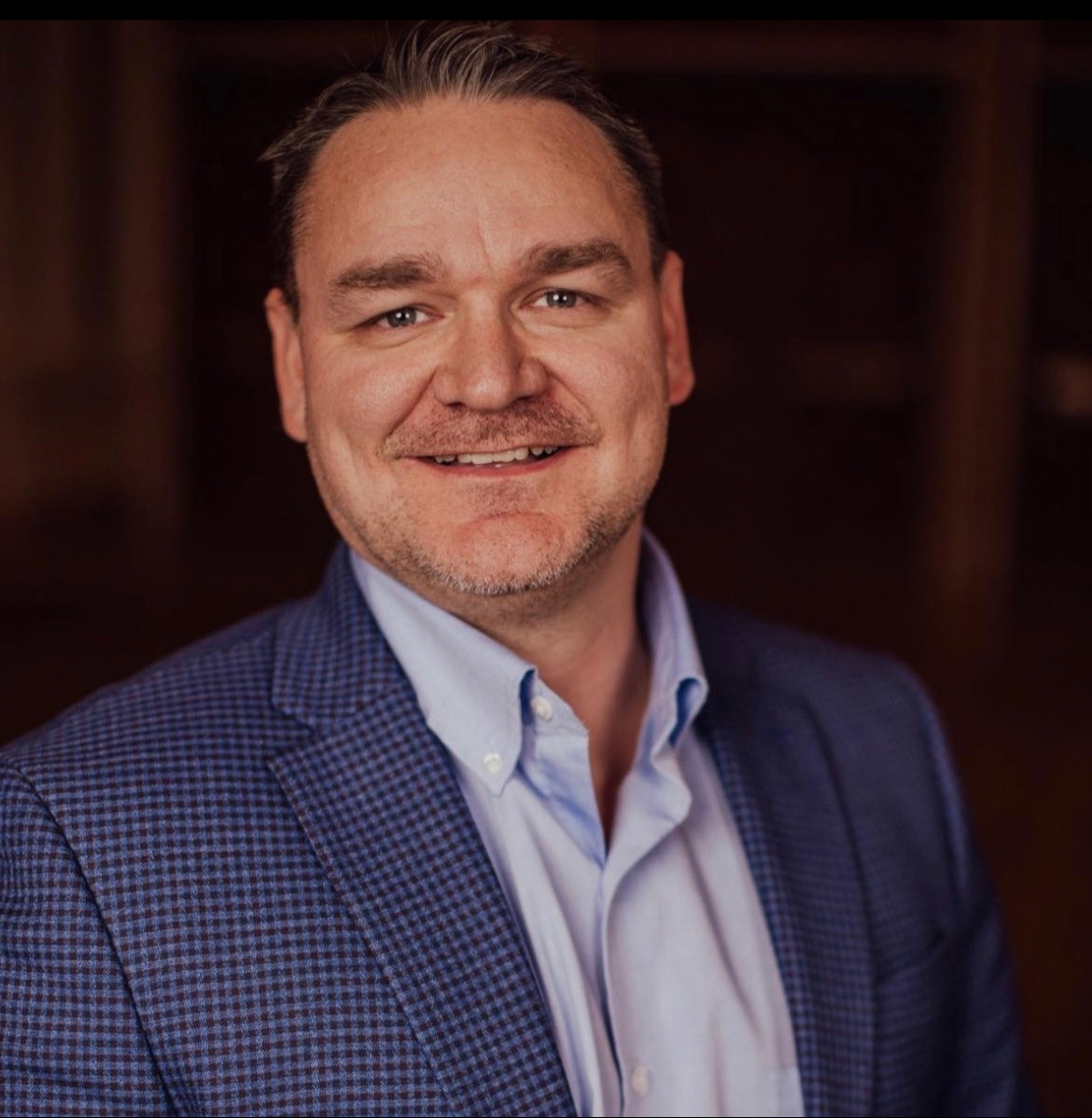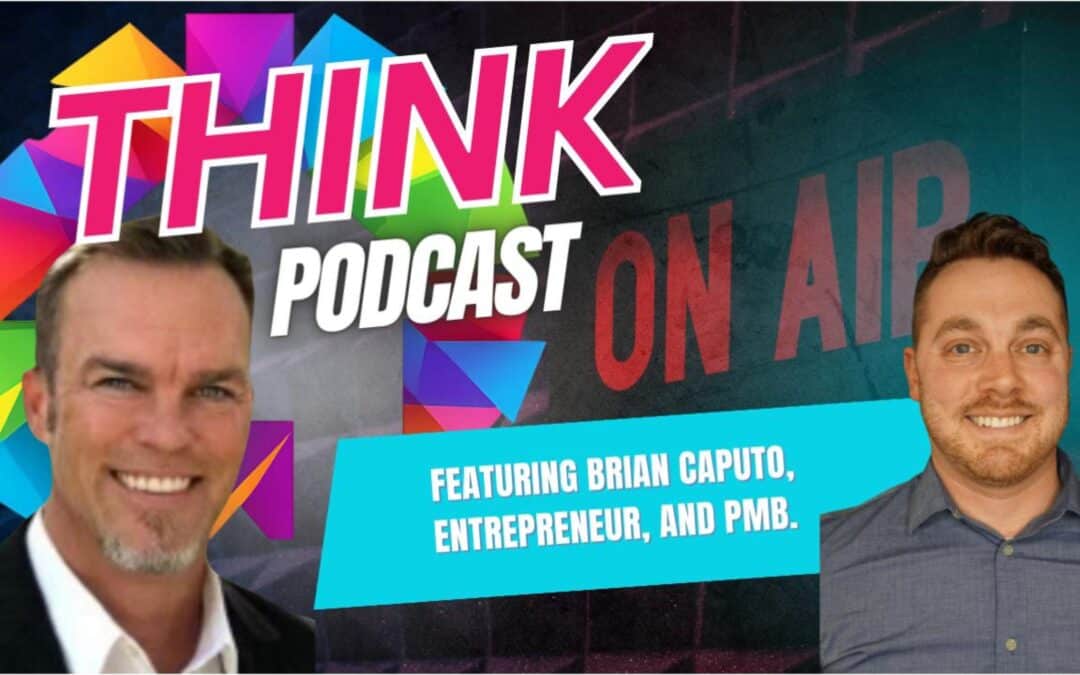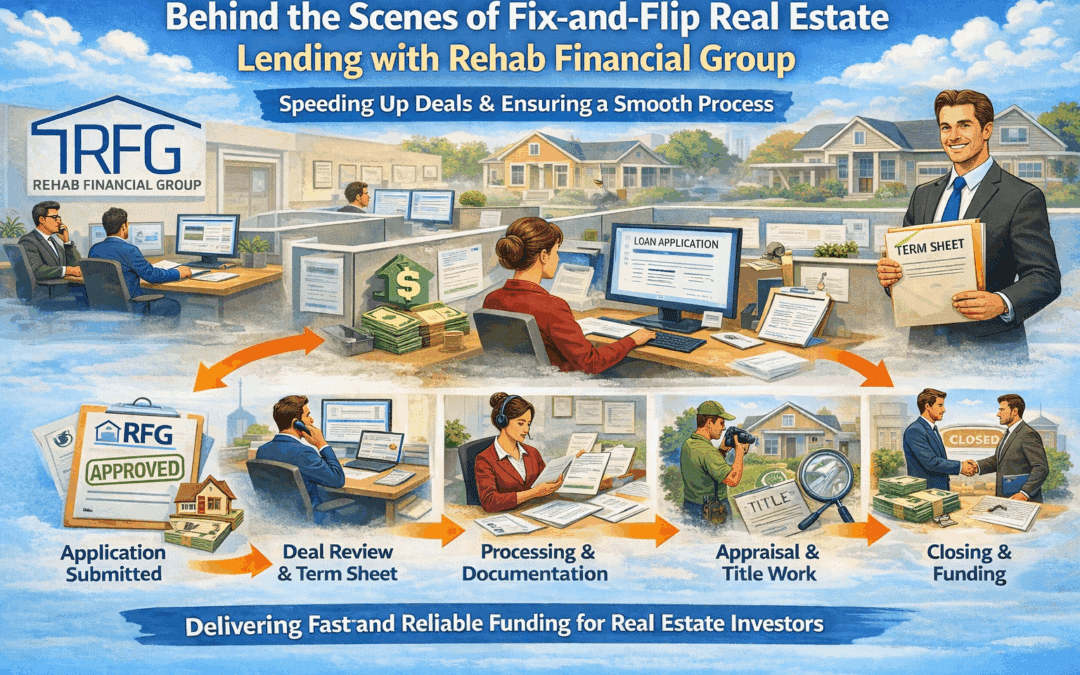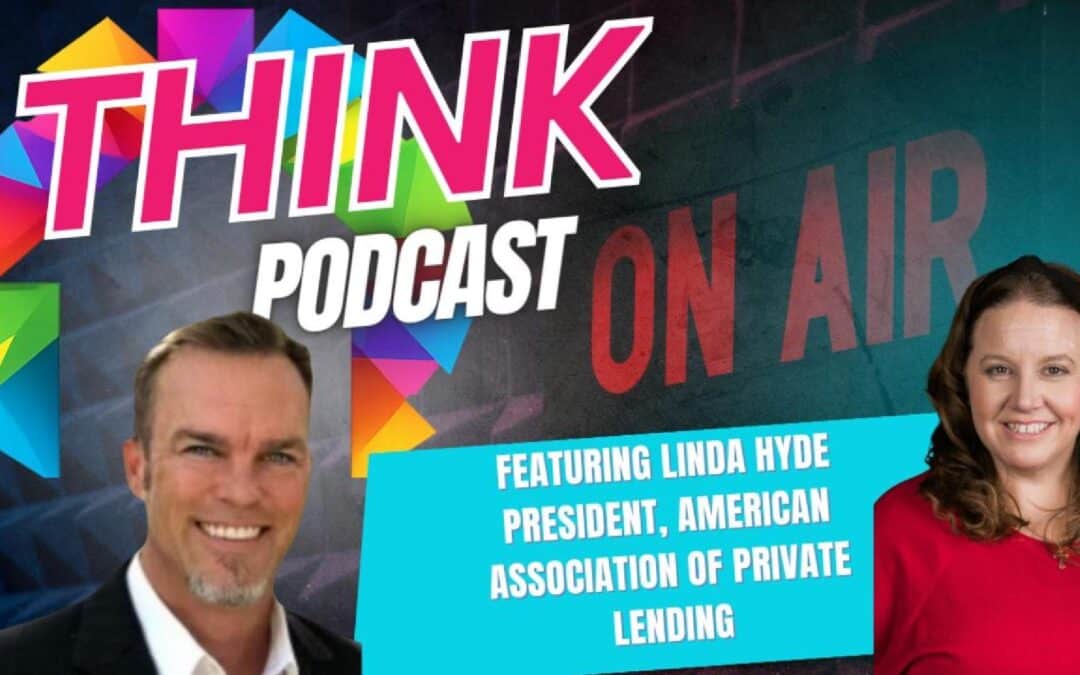When it comes to running a successful business, there are certain hallmarks that appear in nearly every entrepreneurial operation. It’s no different for real estate investing and financial ventures. Leveraging these key strategies can enable investors to optimize and accelerate their success.
Each of the following “keys” may be applied across a spectrum of business operations. The important thing is to apply them honestly and evenly across your business, even when careful analysis does not yield the results you hoped for.
Please note that, as is so often the case with business-related education, it was impossible to fit every key necessary for success into this discussion. We have offered five of the most vital ones, but we’ve saved other important keys like empathy, accountability roles and responsibilities, and sales, systems, and structure for another discussion.
Key 1: Objectively Evaluate Your Ideas
In business, everything starts with an idea. You might have an idea to change the world in some meaningful way or simply to improve the way your morning starts off. You might have an idea to help underprivileged families access computers or to brew a better cup of coffee. If you can turn your idea into a product or service someone is willing to purchase, you may have the start of a new business.
Not everyone realizes that a good idea is the foundation for starting a business. You will not successfully sustain a business without one.
Still, a good idea, alone, does not make a good business. You also need strong reliable systems in place to carry out the idea. And you need to be willing to look carefully (and ruthlessly) at the market and decide if now is the right time for your idea to become part of a business. In some cases, you may need to hold off on one idea to implement another or wait for a change in the market before really getting started.
How to Use This Key:
Be willing to evaluate your ideas ruthlessly, identify the best times at which to implement them, and have the strength to follow through.
Key 2: Remember, Success Takes Guts
As a real estate investor and small business owner, you must always remember that success requires you have “guts” enough to take a shot at success. When we are children, we often believe our ideas will somehow “magically” become reality when we become adults. The secret ingredient is not magic; it is being willing to take a shot.
One of the greatest hockey players who ever lived, Wayne Gretzky, was famous for saying the most important thing he learned was the person who takes the most shots makes the most shots.
The same is true in business: If you are willing to continuously take your shots, you are far, far more likely to experience success.
At the age of 65, a man named Harland Sanders set out across the country to sell his franchised-chicken restaurant model. Later in life, Colonel Sanders would recount how he was rejected 1,009 times before managing to find a restaurant that would agree to sell his “secret” chicken recipe. It became the foundation of today’s KFC. He sold the franchise for millions about eight years later, and the brand is still iconic to this day. Had Sanders given up after his 1,009th rejection (and clearly, he was counting), his life and legacy would have been quite different.
How to Use This Key:
Once you have proven your model to your own satisfaction, establish a business plan and a goal-setting structure—then take the shot!
Key 3: Practice Setting and Meeting Goals
One of the best ways to learn how to set and reach goals is to practice setting and reaching them! Just like shooting hoops in basketball, the best thing you can do if you want a higher free-throw percentage is to shoot free throws. The more you practice, the more you will eventually hit.
Remember, however, that no one hits every single free throw. The best free-throw shooter in the history of the NBA, Steph Curry, missed about one in every 10 shots. By comparison, the average free-throw percentage in the NBA is just over 70%, meaning most players miss at least three of every 10 shots. The important thing is if you take the shots, you’ll make more of them over time.
In business, the best way to practice “free throws” is to set goals for your business and yourself that you can easily measure. For example, a real estate investor might determine they have the most successful deals when they identify more potential leads on deals. By setting a goal to identify more potential leads and then meeting that goal, the odds are good the investor will begin doing more successful deals.
If deal numbers don’t improve, the investor will learn they are measuring success by the wrong metric. This is valuable information the investor can use to refine their focus and investing strategy and to improve productivity and profitability.
How to Use This Key:
Identify the action that leads to better results in your business, and then set a goal to increase the number of times you take the action—or refine the way you perform the action. Then, meet your goal and evaluate your results on a weekly, monthly, quarterly, and annual basis to determine how to adjust moving forward.
Key 4: Diligently Retain and Maintain Your Honesty
Successful businesspeople are brutally honest not only with others but also with themselves. Part of success involves identifying what is working for you and, just as importantly, what is not working.
It is extremely tempting to simply believe your ideas and your passion are so good and so strong that you cannot fail. This misconception has been cemented by popular culture, which sells the “overnight success” myth and even promotes a literal “easy button” that seems to indicate success does not have to be difficult. However, success is difficult.
Warren Buffet is famous for his annual letter to shareholders in which he is brutally honest about how he thinks the company is doing, why he believes certain things happened over the past year, and what he expects from the coming year. He has said of honesty, “Honesty is a very expensive gift. Don’t expect it from cheap people.” Essentially, Buffett is admitting that being honest can cost you. For example, a lack of “cheerleading” in a tough year could mean investors may go elsewhere.
How to Use This Key:
Practice honesty in all things personal and professional. According to a study conducted by a University of Wisconsin researcher in 2021, only about 1% of people “almost never lie.” Most people tell about two lies a day, and 7% of total communication is comprised of lies. So, it will be hard to practice total honesty!
If you make a conscious effort to be honest with yourself and others, however, over time the habit of honesty will become ingrained in you and your business practices, including the practice of honest evaluation.
Key 5: Stop looking for the “magic pill.”
In a 2016 article published in Forbes, a contributor evaluated “overnight success” stories and found that the odds of experiencing this type of fast, smooth, lasting success are not quite as good as your chances of winning the lottery. It is essential for real estate investors, entrepreneurs, and all aspiring successful individuals to stop looking for the “magic pill” that will enable them to suddenly take off into the stratosphere as a successful mogul or icon.
Even the most inspiring overnight success stories come with a lot of hard work and preparation long before that magical time occurs. Prepare for success by implementing systems and structures in business that will enable you to create consistent, positive results, emphasizing accountability and responsibility in all things. Pursue metrics and practices that will enable you to measure and refine your success accurately so that when your business is ready for “the big time,” you are ready to make that leap.
How to Use This Key:
Stop looking for a “magic pill” and trying to hit a “home run” every single time. Instead, focus on identifying and using the keys to achieve lasting, meaningful success and legacy.
Tom Olson is the founder and president of the Olson Group Network , which includes Conduit Capital, Good Success, Olson Group, Olson Property Services, Olson Construction Management Services, and Sarah Jo, LLC. He is the author of multiple popular books for entrepreneurs and investors, including “The 30-Day Good Success Journey,” “Active Turnkey: The Best Way to Buy Rentals,” and “Investors vs. Contractors.”
Olson hosts The Good Success Podcast, a popular podcast for investors and entrepreneurs dedicated to achieving true lasting financial success as well as true personal and professional fulfillment.Fuller is also the CEO of Housefolios, a prop-tech company based in Provo, Utah, designed to help Fuller run his real estate business. It has expanded for use by other real estate professionals to organize and add value to their business.
























0 Comments